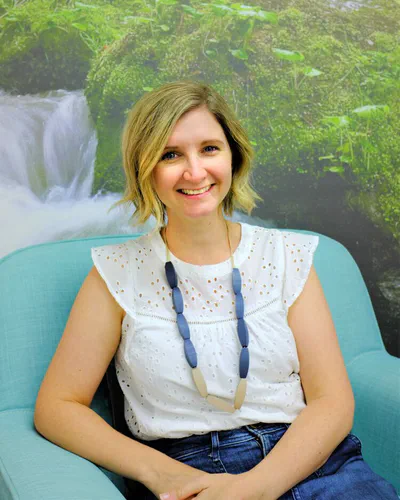
Tegan Mallett
Clinical Psychologist
Tegan is a Clinical Psychologist, with a Master of Clinical Psychology and over 10 years of experience.
Tegan enjoys working with adults and adolescents and has a kind and compassionate approach. She values working with her clients to meet their needs through collaboration, helping find the right approach and setting goals for therapy.
Tegan is trained in therapeutic models including Acceptance Commitment Therapy (ACT) and Cognitive Behavioural Therapy (CBT) and delivers therapy from an attachment and trauma informed and strengths-based perspective. She is dedicated to quality care and tracking client progress and is open to feedback and adjustments to allow the client’s needs to remain a priority.

Support Beyond Earbuds and Scrolling: Amplifying Mental Health Awareness through Podcasts and Social Media, Connecting the Dots to Seeking Professional Support.
Within this digital age, our access to a vast and expansive variety of podcasts and social media platforms seems limitless. How many times have you heard someone say, “have you heard…?” or “did you see…?”. As we explore this expansive world, we find an array of content, perspectives, and voices that can entertain and excite. However, it can also significantly contribute to our mental well-being. This journey is not just about entertainment; it’s a quest for understanding, connection, and self-discovery. While we remain mindful of the time we spend in these worlds, we can also be conscious of what we choose to consume so it can benefit us.
